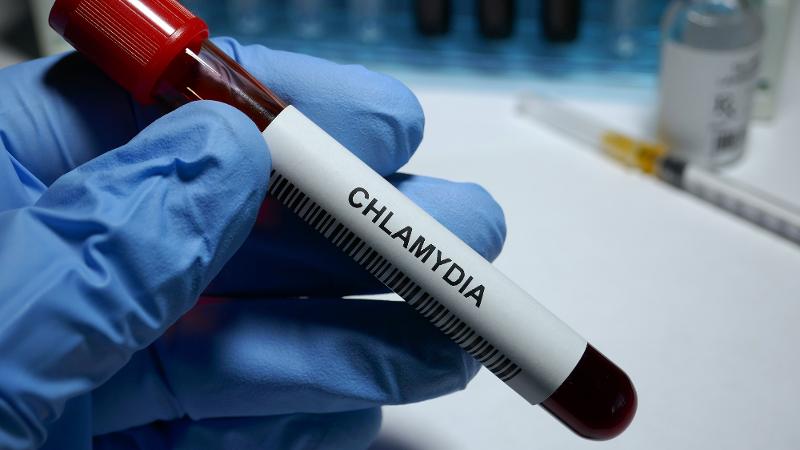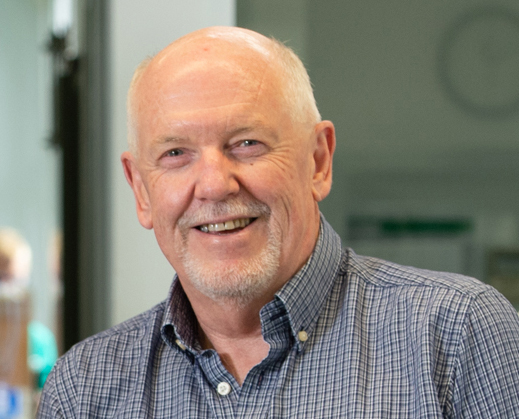
QUT researchers will begin testing human chlamydia vaccine candidates as part of an international research project that has been awarded up to $US10.7 million funding over five years from America’s National Institutes of Health (NIH).
Professor Ken Beagley, Professor Jonathan Harris and Dr Alison Carey, from QUT’s Faculty of Health and Institute of Health and Biomedical Innovation, will work on the chlamydia vaccine initiative, which is being led by the University of North Carolina at Chapel Hill.
Other collaborators include the North Carolina State University, University of Pittsburgh, German Cancer Research Centre, and Oxford University.

Professor Beagley said three chlamydia vaccine candidates had already been identified by University of North Carolina researchers, and the QUT team would be able to commence testing these in animal models in about a month.
“The expertise we have developed in this type of testing is the basis for our involvement in this project,” he said.
“We will be testing previously identified and newly identified antigens to see which ones, and which method of delivery, produce the best protective response against chlamydia infection in animal models.”
Caused by the bacteria Chlamydia trachomatis, chlamydia is the most common sexually transmitted infection in the world.
The World Health Organization estimates there were 127 million new infections globally in 2016. In Australia in 2017, notification rates were 379 infections per 100,000 people, up from 74 per 100,000 in 1999.
Frequently asymptomatic, chlamydia infection if left untreated can lead to pelvic inflammatory disease and infertility. There is currently no vaccine to prevent infection.








